
Fever temperatures rev up immune cell metabolism, proliferation and activity, but they also — in a particular subset of T cells — cause mitochondrial stress, DNA damage and cell death, Vanderbilt University Medical Center researchers have discovered.
The findings, published Sept. 20 in the journal Science Immunology, offer a mechanistic understanding for how cells respond to heat and could explain how chronic inflammation contributes to the development of cancer.
The impact of fever temperatures on cells is a relatively understudied area, said Jeff Rathmell, PhD, Cornelius Vanderbilt Professor of Immunobiology and corresponding author of the new study...
Read More

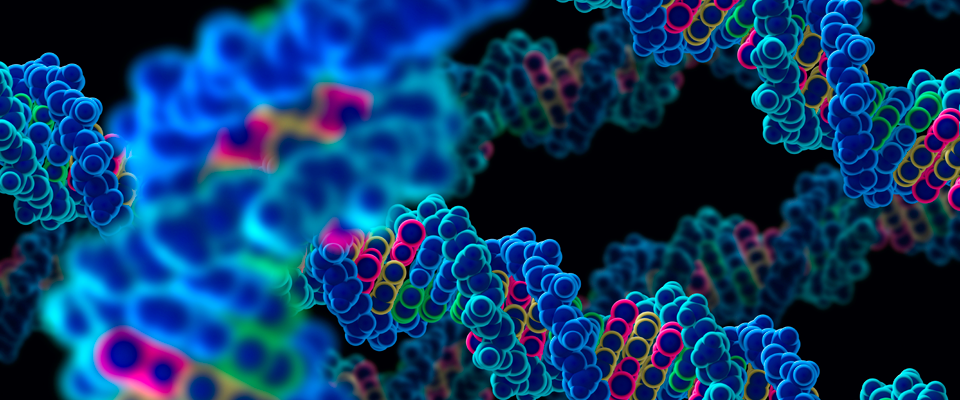
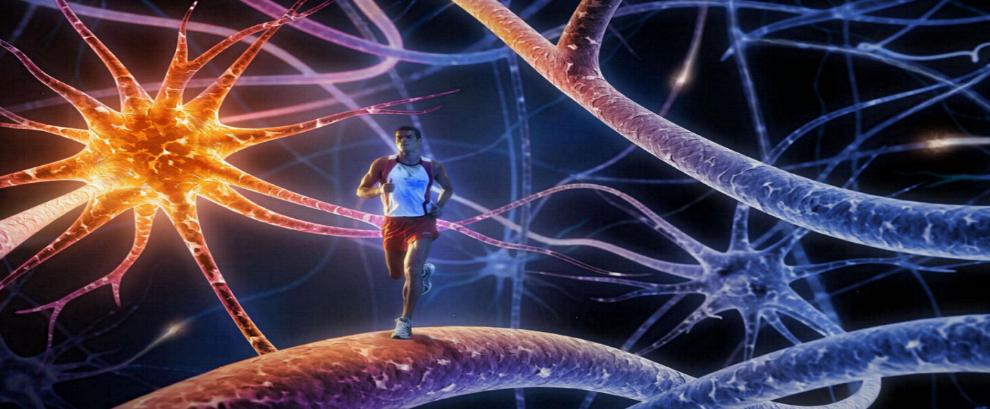



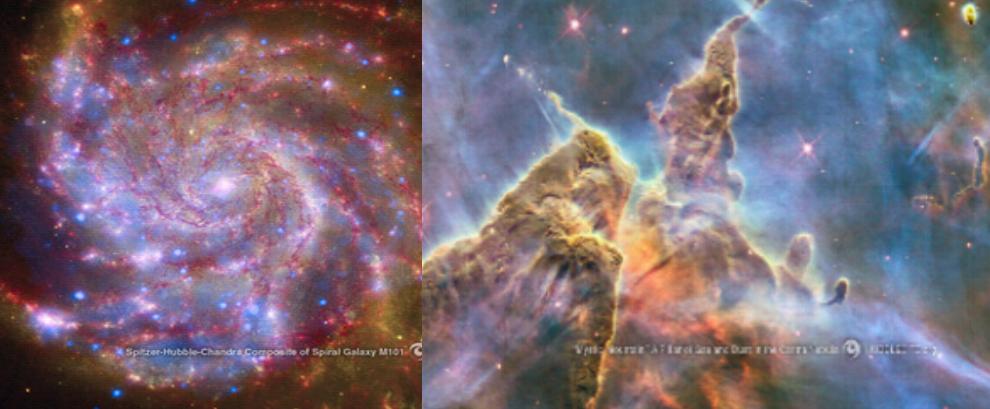


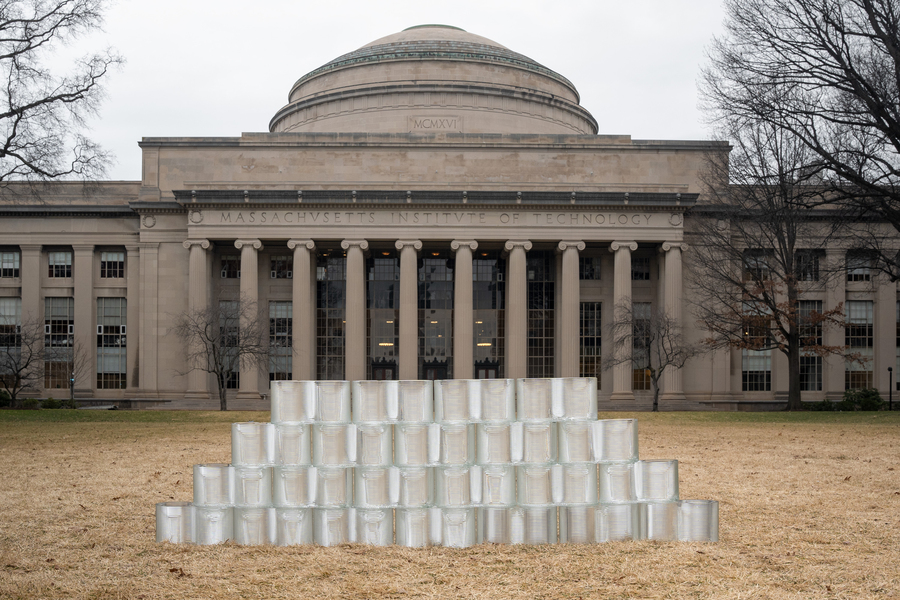

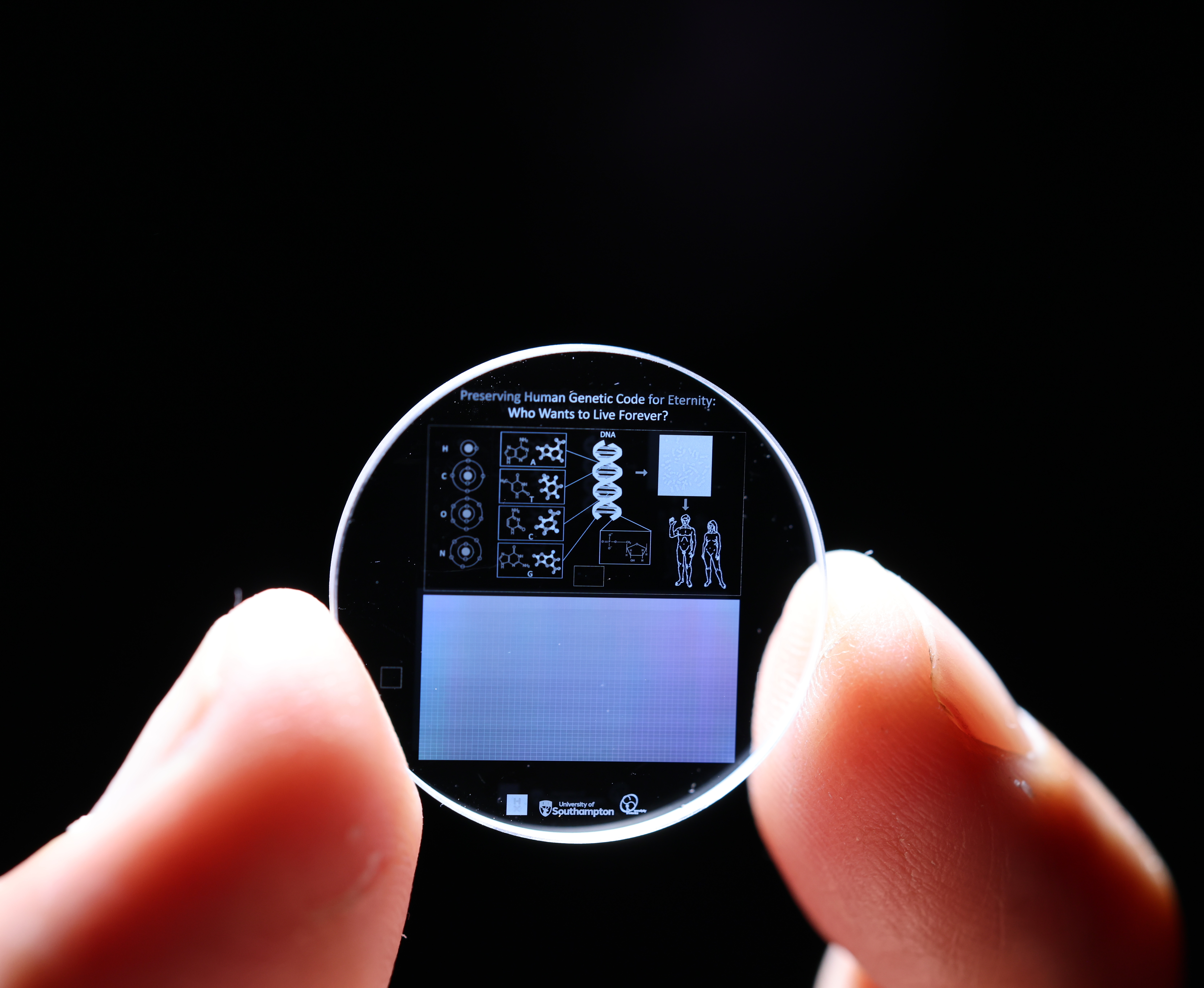


Recent Comments